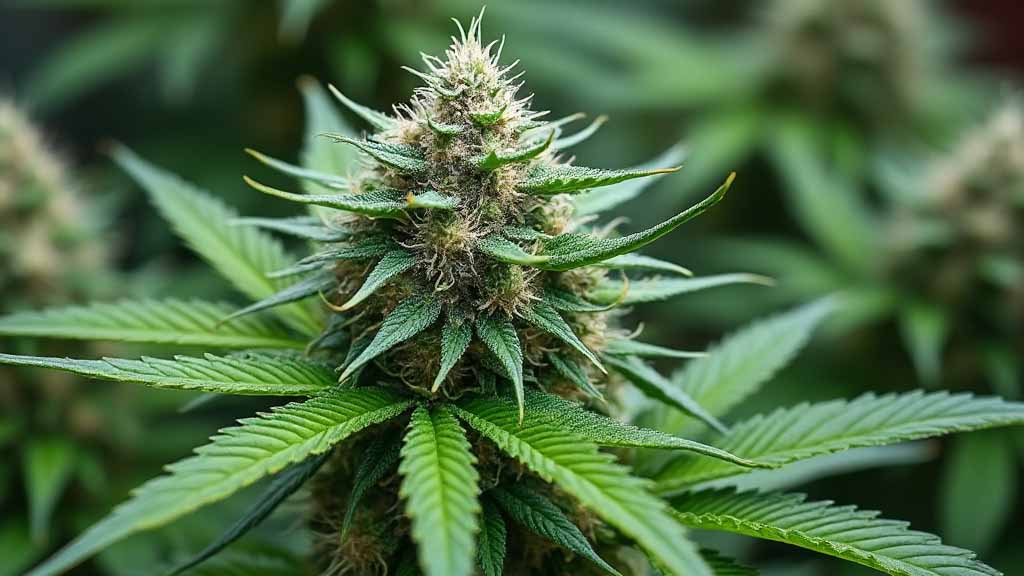As cannabis becomes more widely used and nicotine remains popular, the combined use of these substances is increasing. But what is true about the co-use of cannabis and nicotine? Research and health studies reveal essential insights into the effects, risks, and patterns associated with using these substances together. Here’s what you need to know about the co-use of cannabis and nicotine, along with the facts confirmed by recent studies.
Which of the Following Is True About Co-Use of Cannabis and Nicotine? Key Facts and Patterns
Research shows that co-use of cannabis and nicotine is common, especially among younger adults. Studies from institutions like RAND Corporation reveal that individuals who use both substances may experience heightened addiction risks, mental health issues, and increased frequency of cannabis consumption. Here’s what we know:
- True or False? Co-Use Increases Addiction Risk.
True. Using both cannabis and nicotine together amplifies the addictive properties of each substance. Nicotine is already highly addictive, and studies show that cannabis users who also use nicotine have an elevated risk of developing a dependency on cannabis as well. This can lead to higher tolerance levels, withdrawal symptoms, and challenges with reducing or quitting use. - True or False? Co-Use Worsens Mental Health Issues.
True. Independent of each other, cannabis and nicotine can contribute to anxiety and depression. However, research, including findings from the Addiction Science & Clinical Practice journal, has shown that co-using these substances can intensify symptoms of mental health disorders, making users more vulnerable to mood issues, especially young adults and adolescents. - True or False? Co-Use Causes Respiratory Issues.
True. The combined use of cannabis and nicotine, particularly through smoking, increases respiratory risks. Smoking both substances exposes users to more toxins, which can lead to lung irritation, chronic bronchitis, and heightened vulnerability to respiratory infections.
Health Risks Confirmed in Studies on Co-Use of Cannabis and Nicotine
Studies confirm that co-using cannabis and nicotine is linked to numerous health risks. Here’s a breakdown of the most common risks identified:
- Addiction Potential: Both substances can be habit-forming, but co-use has shown to make users more susceptible to dependency on cannabis, often developing what is known as cannabis use disorder (CUD).
- Mental Health Impact: Evidence suggests that individuals co-using cannabis and nicotine report more significant mood issues, with increased rates of anxiety and depression.
- Cognitive Decline: Using both substances regularly can lead to cognitive impairments, impacting memory, focus, and learning capabilities.
- Respiratory Health Concerns: When smoked together, cannabis and nicotine can lead to more severe respiratory problems than either substance alone.
Why Do People Co-Use Cannabis and Nicotine?
Understanding why people combine cannabis and nicotine provides insight into this behavior. Common reasons include:
- Belief in Enhanced Effects: Some users believe nicotine intensifies the psychoactive effects of THC, leading to a stronger or longer-lasting high.
- Social Settings and Habits: Co-use is often tied to social environments where both substances are popular, leading to habitual combined use.
- Ease of Combination: Cannabis and nicotine are easily consumed together, especially in products like spliffs (cannabis mixed with tobacco) or by alternating between vaping devices.
Which of the Following Is True About Co-Use of Cannabis and Nicotine: The Link to Cannabis Use Disorder
One of the more concerning aspects of co-use is the heightened rate of cannabis use disorder (CUD). Research indicates that people who use both nicotine and cannabis face a higher risk of developing CUD, marked by an inability to control cannabis use, increased tolerance, and withdrawal symptoms.
Nicotine appears to increase the habit-forming nature of cannabis, potentially by interacting with the brain’s reward systems. As a result, co-users often consume more cannabis and face greater challenges when trying to cut back or quit.
Conclusion: What’s True About the Co-Use of Cannabis and Nicotine?
So, which of the following statements is true about co-use of cannabis and nicotine? Research clearly shows that co-use can lead to:
- Increased addiction potential
- Mental health risks, including anxiety and depression
- Respiratory issues due to combined smoking effects
- Higher chances of developing cannabis use disorder
Understanding these facts is essential for anyone considering or currently co-using cannabis and nicotine. While some may find short-term satisfaction in the combined effects, the long-term risks often outweigh these perceived benefits. For those concerned about dependency or health impacts, seeking guidance from healthcare professionals can be a crucial first step toward reducing use and protecting well-being.


Leave a Reply